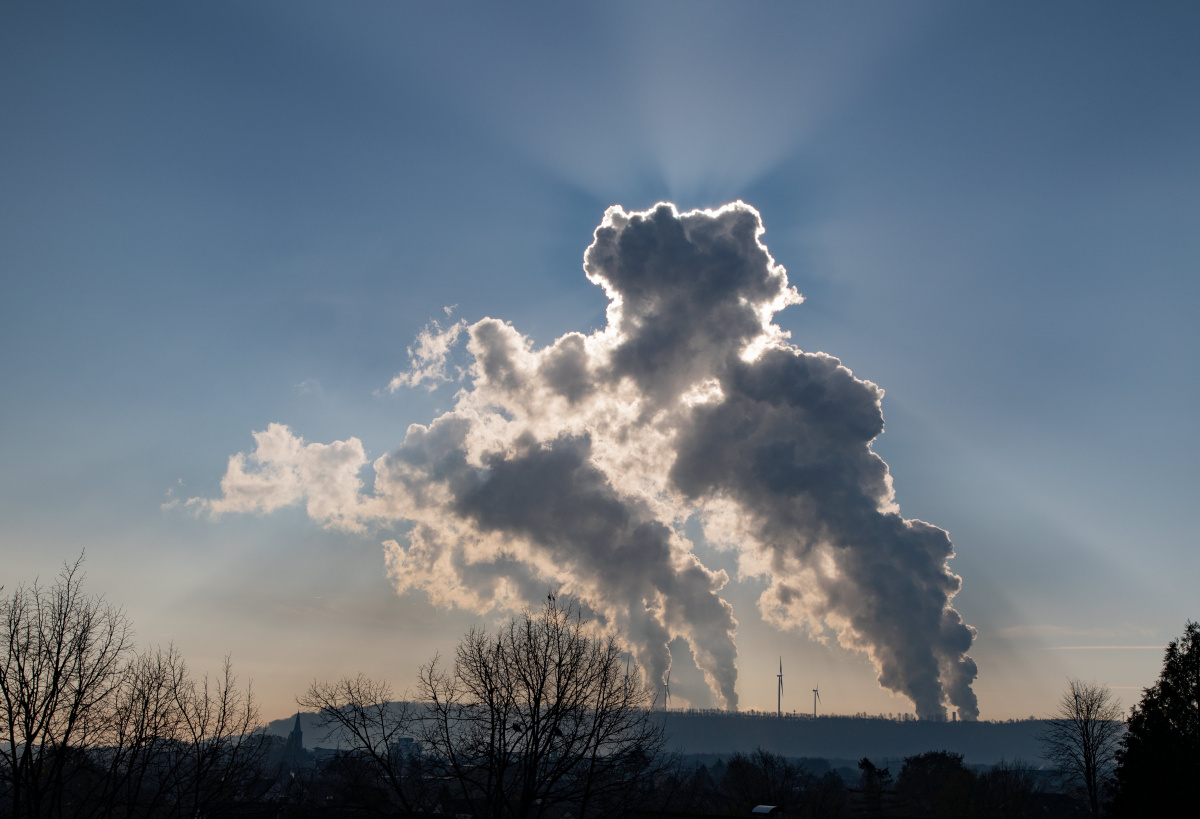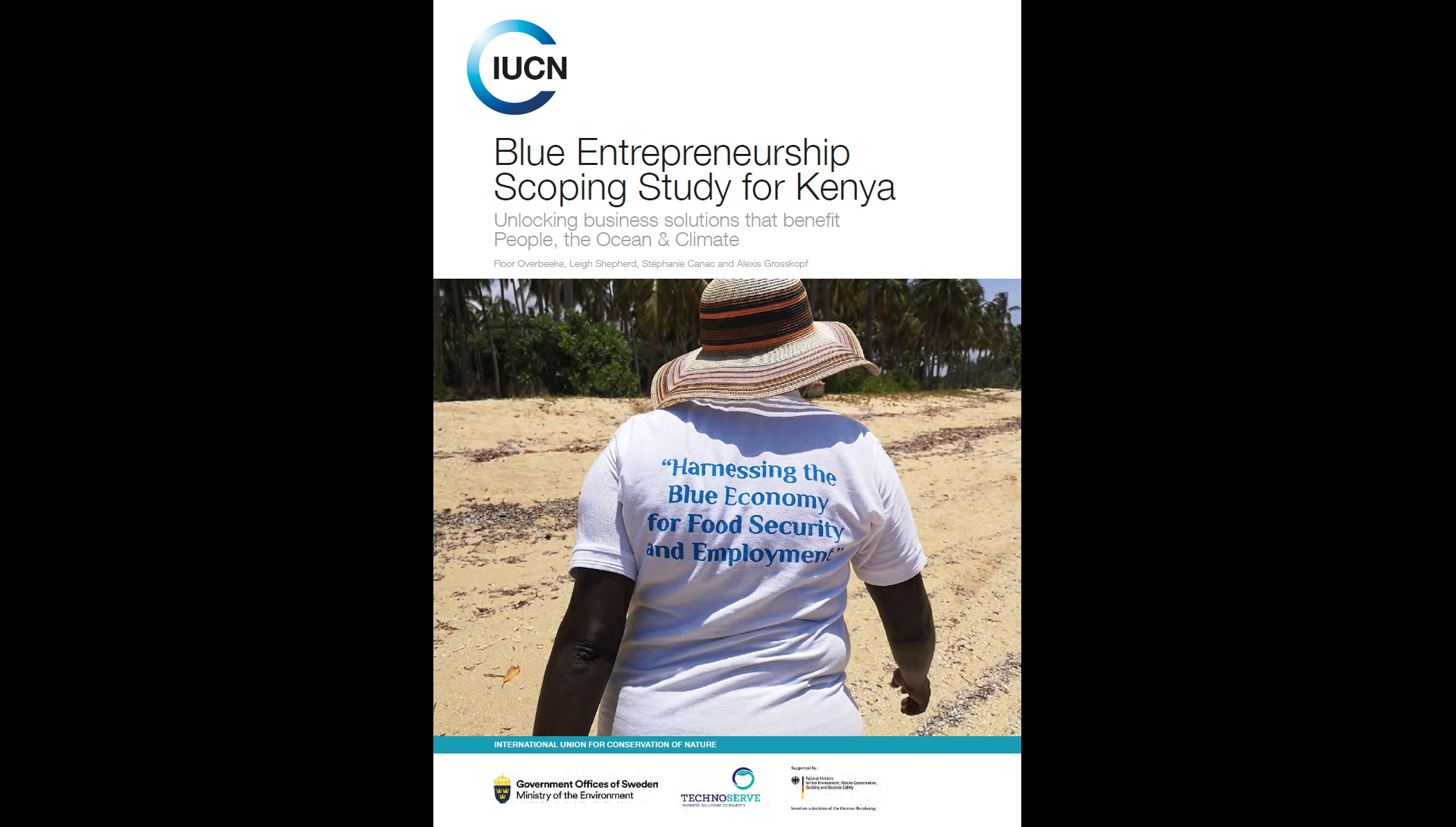“Getting to Zero”: Policy Options and Legal Measures for Climate Change Mitigation and Land Use
By Fabiano de Andrade Corrêa - Members of the IUCN WCEL Climate Change Specialists Group collaborated on a Special Issue of the Carbon & Climate Law Review on the role of legislation in the land sector to achieve the climate neutrality goal of the Paris Agreement.

Photo: Pixabay
Achieving “net-zero GHG emissions” (or “climate neutrality”) is one of the most relevant targets of climate mitigation policies worldwide. Importantly, this goal requires not only rapid and deep GHG emission reductions but simultaneously the protection of GHG sinks and the significant enhancement of GHG removals. In this context, the capacity of terrestrial ecosystems to sequester and store GHGs, as well as the adoption of practices and processes in the use and management of land to limit emissions from and enhance removals in this sector, will be key achieving the net-zero goal.
Land can be simultaneously a source and a sink of CO2 due to both anthropogenic and natural drivers. The “Agriculture, Forestry and Other Land Use (AFOLU)” sector accounts for around 23% of total net anthropogenic GHG emissions.[1] Conversely, the IPCC notes that all pathways limiting global warming to 1.5°C or below 2°C require land-based mitigation and land-use change, with most including different combinations of reforestation, afforestation, reduced deforestation, and bioenergy.[2] Laws and policies have a key enabling role to play, including net-zero targets expressed in instruments such as climate change framework laws and strategies, as well as laws and policies in relevant sectors such as agriculture, forestry and land use and management.
Against this background, members of the IUCN World Commission on Environmental Law (WCEL)’s Climate Change Specialists Group (CCSG) collaborated to produce a Special Issue of Carbon and Climate Law Review (CCLR), which aims to shed light on how legislation in the land sector can contribute to achieving “net-zero” GHG emissions. The Special Issue presents case studies of 6 countries that have enacted legislation enabling relevant climate action in the land sector, to provide a diverse range of examples, including countries where emissions from the land sector are significant and where relevant initiatives are being undertaken, covering a variety of legal systems, types of legal instruments and mechanisms.
This publication was the first step in a broader project that aims to produce an extended IUCN report on this subject.[3] There is momentum to address these key issues, as the unprecedented scale of COVID-19 economic recovery measures, and the growing number of countries committing to achieving net-zero emissions goals, present an opening for a low-carbon transition. Seizing this opening will be critical to bridging our considerable ‘emissions gap’ and achieving our global climate targets.
The Special Issue was co-edited by Fabiano de Andrade Correa and Christina Voigt, and has the following contributions:
The Paris Agreement and Net-Zero Emissions: What Role for the Land-Sector?
Fabiano de Andrade Correa, Christina Voigt
Reducing Emissions in the Land Sector: A Case Study of Australia
Elena Aydos, Kelsey Gray
How Does China's Land Use System Respond to Climate Change?
Yingda Chen
Balancing Emissions and Removals in the Land Sector: The View from the EU
Annalisa Savaresi, Lucia Perugini
Robert Kibugi
When the Ship is Sinking …Everybody Bails
Trevor Daya-Winterbottom
Innovative U.S. State Laws that Help Move Land Uses Toward Zero Carbon Emissions
Warren G. Lavey
[1] IPCC, Climate Change and Land, an IPCC Special Report on climate change, desertification, land degradation, sustainable land management, food security, and greenhouse gas fluxes in terrestrial ecosystems, Summary for Policy Makers, 2019, pages 7 - 10.
[2] IPCC, above 5, 24.
[3] For a broader overview of the project, and how to get involved, please refer to: https://www.iucn.org/commissions/world-commission-environmental-law/our-work/climate-change/getting-zero.
About the Author
 Photo: Fabiano de Andrade Correa
Photo: Fabiano de Andrade Correa
In addition to working with different IGOs on these issues, Fabiano is:
- Member of the IUCN WCEL’s Climate Change Specialists Group, coordinating a project on legal and policy options to achieve “net-zero” GHG emissions in the “AFOLU” sector;
- Lead Counsel, Centre for International Sustainable Development Law (CISDL), Peace, Justice and Governance Programmes;
- Director of Legal Research with the Blockchain and Climate Institute (BCI);
- Member of the ILA (alternate representative of Brazil in the Committee on the Sustainable Use of Natural Resources), having actively contributed to the development of the newly adopted 2020 “ILA Guidelines on the Role of International Law in Sustainable Natural Resources for Development”;
- Member and coordinator of a working group on agriculture with LACLIMA (an active network of climate lawyers in Brazil).
- Guest lecturer in different universities in Brazil and in Italy; and a qualified lawyer (Brazilian Bar Association), with previous experience in corporate law practice.



